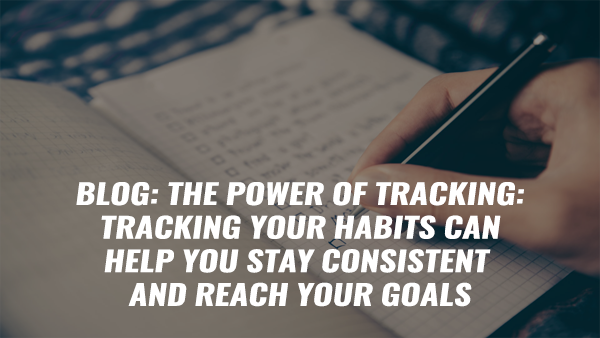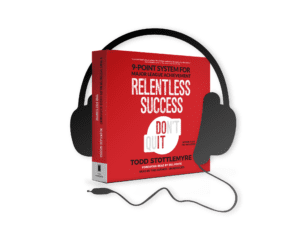Introduction
Are you looking for a way to improve your life? Are you trying to accomplish some big goals that seem impossible? If so, tracking your habits might be the key.
Tracking your habits
Tracking your habits is an important part of staying consistent. When you track your habits, it helps keep you on track with your goals and makes it easier to achieve success.
When tracking your habits, there are two things to consider: what you’re tracking and how often you should be doing the tracking. The first step is deciding which habit or behaviors are most important for reaching your goal (such as “eating breakfast every day” or “working out three times per week”). You’ll also want to choose a frequency for tracking these behaviors–for example, once per week or once per day–that works best for you.
Make it visible to you
- Make it visible to you.
- Use a calendar or spreadsheet, habit tracker app, pen and paper, or whiteboard. The point is to make sure that your tracking system is easy for you to use and accessible at all times (preferably in multiple places).
- A sticker chart on the fridge works for some people–but others might prefer something more elaborate like a corkboard where they can pin up notes related to their goals.
Plan for success and failure
The best way to plan for success and failure is to not plan at all. If you’re like most people, you want to be successful with your habits. You want to reach your goals, and there’s nothing wrong with that! But when we set ourselves up for failure by thinking of it as an option rather than an inevitability (and thus allowing it into our minds), we make it much harder on ourselves than we need to be.
The truth is that no matter what happens–whether or not the habit sticks–you should celebrate any progress made toward achieving your goal. Even if all three weeks go by without tracking anything or even trying the habit again after week one, consider this: You know now that tracking works for you and which days are best suited for tracking; if those two things end up being important factors in future attempts at creating new habits (and why wouldn’t they?), then they were worth noting while they lasted!
Set big goals and small goals
Big goals are the overarching, overarching, overarching goals that you want to achieve. They’re the big picture–the end-goal you see in your mind when you envision success.
Big goals can be intimidating and scary because they’re so far away from where we are now. That’s why it’s important to set small goals as well–they help us take one step at a time in order to get closer to our big dreams. Smaller milestones along the road make reaching our ultimate destination more realistic and achievable by breaking down what seems like an impossible task into smaller steps that are easier on our brains!
Let’s say your goal is “I want my blog posts published once per week”. Your first step could be “I will write one article every Monday morning.” Then after doing this consistently for two weeks straight (no matter how long or short), maybe next time around try writing two articles per week instead? And so forth…
Avoid perfectionism
You can’t be perfect, and that’s okay.
It’s easy to fall into the trap of perfectionism when you start tracking your habits and goals. You might think that if you don’t hit 100% on everything every day, then it wasn’t worth doing at all–but this is not true! It’s important to remember that tracking your progress is about looking at how far along the path towards your goal(s) each day has taken you rather than focusing on whether or not one specific task was completed perfectly.
If we focus too much on what went wrong with our plan instead of seeing all of the ways it went right (even when those ways are small), we risk becoming discouraged before we even get started or giving up altogether when things don’t go as planned–and neither outcome helps us reach our goals!
Tracking habits will help you reach your goals, but make sure you do it in a way that is useful for you.
Tracking your habits is an important step towards reaching your goals. For example, let’s say you want to lose weight and get in shape. If you’re not tracking your diet or exercise, then how will you know if what works for someone else will work for you?
It could be that putting together a workout plan would help with reaching this goal. Or maybe just eating healthier would help out more than anything else! Tracking habits can provide insight into which methods work best for each person based on their specific circumstances and needs at any given time.
Conclusion
Tracking your habits can be a great way to stay consistent with your goals and reach them. But it’s important to do it in a way that works for you and doesn’t cause more stress than good! Try tracking in a notebook or app, keep track of what works best for you. Hope this helps!









